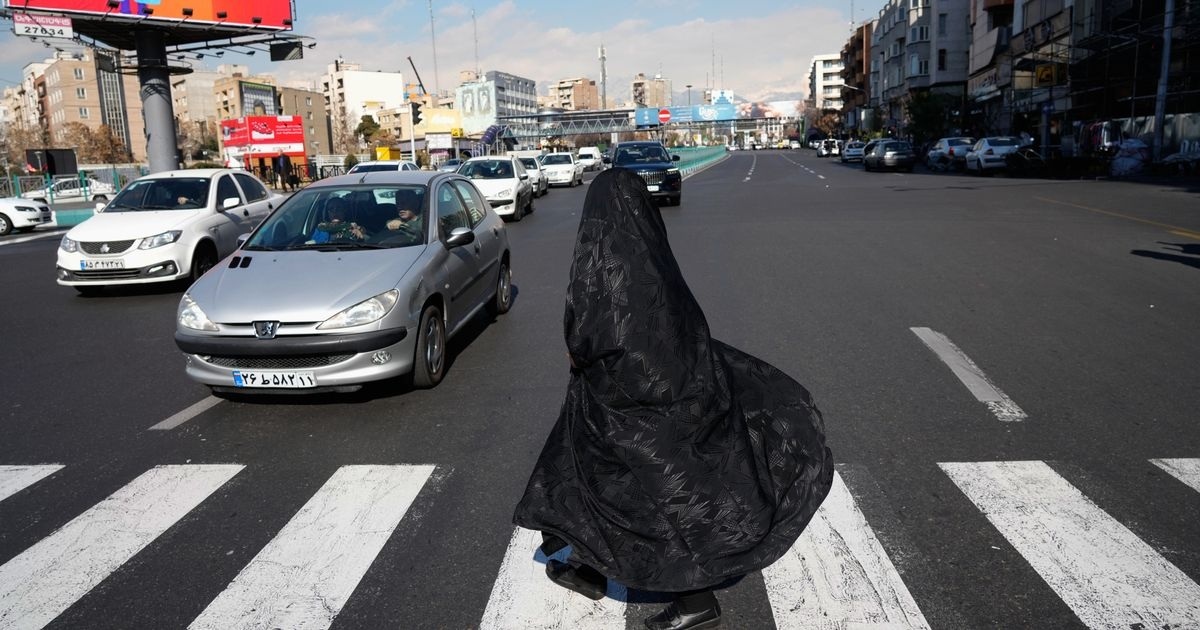On October 6, 2025, France’s political scene was once again thrown into uncertainty following the surprise resignation of Prime Minister Sébastien Lecornu, just hours after unveiling his new cabinet.
The move left President Emmanuel Macron grappling with yet another political crisis his fifth since the start of his second term in 2022 as he has now appointed and lost five prime ministers in only three years.
Seeking a stable path forward, Macron announced the launch of national political consultations, which Lecornu himself will lead before reporting the outcomes on October 8.
However, the French leader faces limited and risky options. If the talks fail to produce a breakthrough, Macron could appoint another prime minister, dissolve parliament, or in the most extreme case step down himself.
Appointing a New Prime Minister
Macron’s most immediate move could be to appoint a new head of government. Yet this option comes with political risks. Choosing someone from within his “Ensemble” alliance might seem logical, but previous appointees from the same bloc have faced fierce resistance and short tenures due to opposition pushback.
Alternatively, Macron could reach across party lines to select a moderate from the opposition. This could ease tensions but might also dilute his political agenda or empower rivals.
Appointing someone from the far-right National Rally (RN), however, would be politically perilous, likely alienating his base and further polarizing France’s political landscape.
In every scenario, Macron risks losing political ground but as President, he may have no choice but to make a bold decision and face the consequences.

Dissolving Parliament: A Dangerous Gamble
Macron previously dissolved the National Assembly in 2024 after his alliance lost seats in the European Parliament elections. That decision backfired, as the left-wing NFP coalition and the far-right RN gained more seats, weakening his control of the legislature.
Following Lecornu’s resignation, RN has again urged Macron to dissolve parliament. Although the French Constitution allows it, doing so could further erode his parliamentary strength and embolden the opposition.
Dissolution, therefore, appears to be a last-resort option one that might deepen Macron’s political isolation rather than restore his authority.

The Possibility of Resignation
Since December 2024, when former Prime Minister Michel Barnier resigned, critics have repeatedly called on Macron to do the same, accusing him of mismanaging the economy and losing touch with ordinary citizens.
While stepping down would be a dramatic gesture of accountability, it would also mark a personal and political defeat for Macron. If he were to resign, Senate President Gérard Larcher would take over as interim leader until a new election is held within 20 to 50 days.
Despite growing pressure, Macron has made it clear he has no intention of resigning.
“I stand before you because the French people elected me twice,” he said last year. “I am deeply honored by their trust, and I will serve until the very last second of my mandate.”
The last French president to resign was Charles de Gaulle, in April 1969.

Could Macron Be Impeached?
Article 68 of the French Constitution allows for the removal of a president who violates the duties of his office. The far-left France Unbowed (LFI) party, led by Jean-Luc Mélenchon, has accused Macron of overstepping constitutional limits and has pushed for impeachment proceedings.
However, removing a president in France is legally and politically difficult unless clear constitutional violations are proven which has not been the case so far.
In 2024, the LFI submitted a motion to impeach Macron, but it was dismissed by the Assembly’s legal committee for lack of grounds.

A Test of Leadership
Whether through a new government, a dissolved parliament, or mounting opposition calls, Macron faces one of the toughest moments of his presidency. Every decision he takes now will shape not only the remainder of his term but also France’s political future.
In a nation weary of political deadlock, Macron’s next move could determine whether France regains stability or plunges deeper into crisis.


























